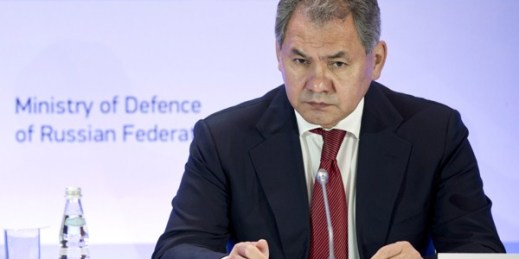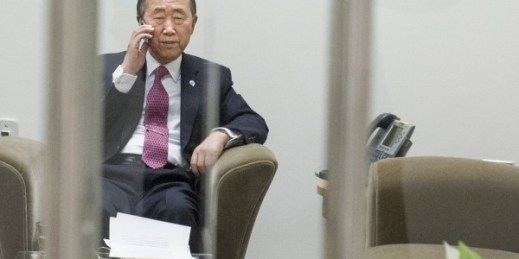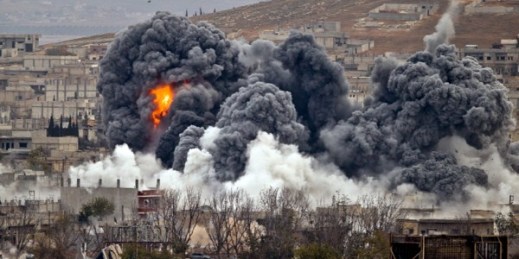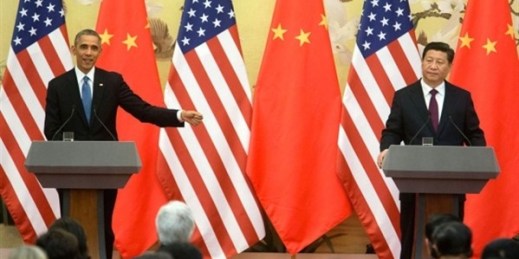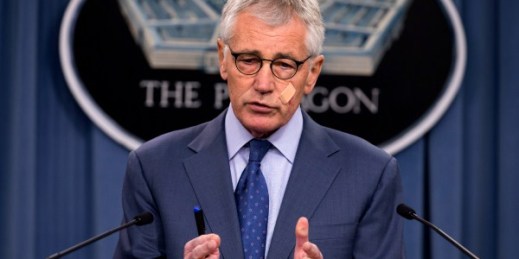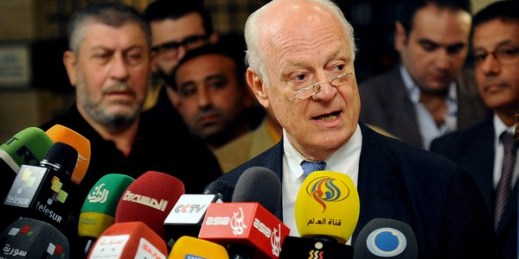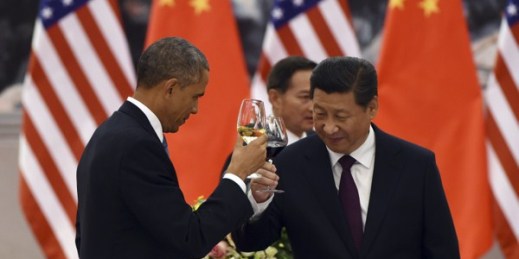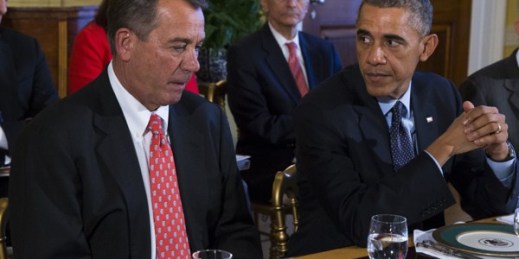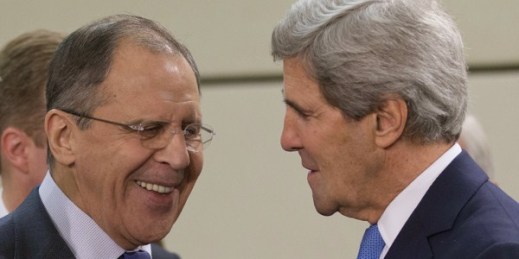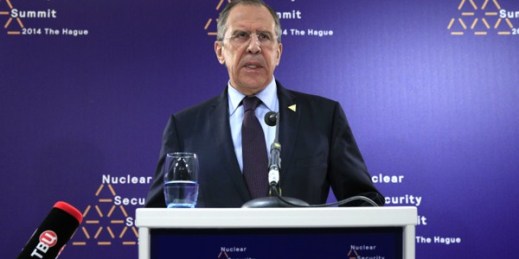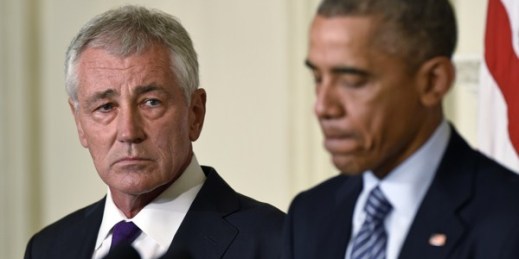
U.S. Secretary of Defense Chuck Hagel apparently drew the short straw and emerged as the first sacrificial victim dispatched by President Barack Obama in response to his party’s dismal midterm election results, which will cost the Democrats control of the Senate. Beyond that, however, it is clear that the focus of U.S. national security has shifted dramatically over the past two years. Hagel was selected to preside over the American disengagement from the Middle East, to usher through a series of lean budgetary years for the Pentagon and to lay the foundations for the eventual rebalance of American strategic priorities […]

